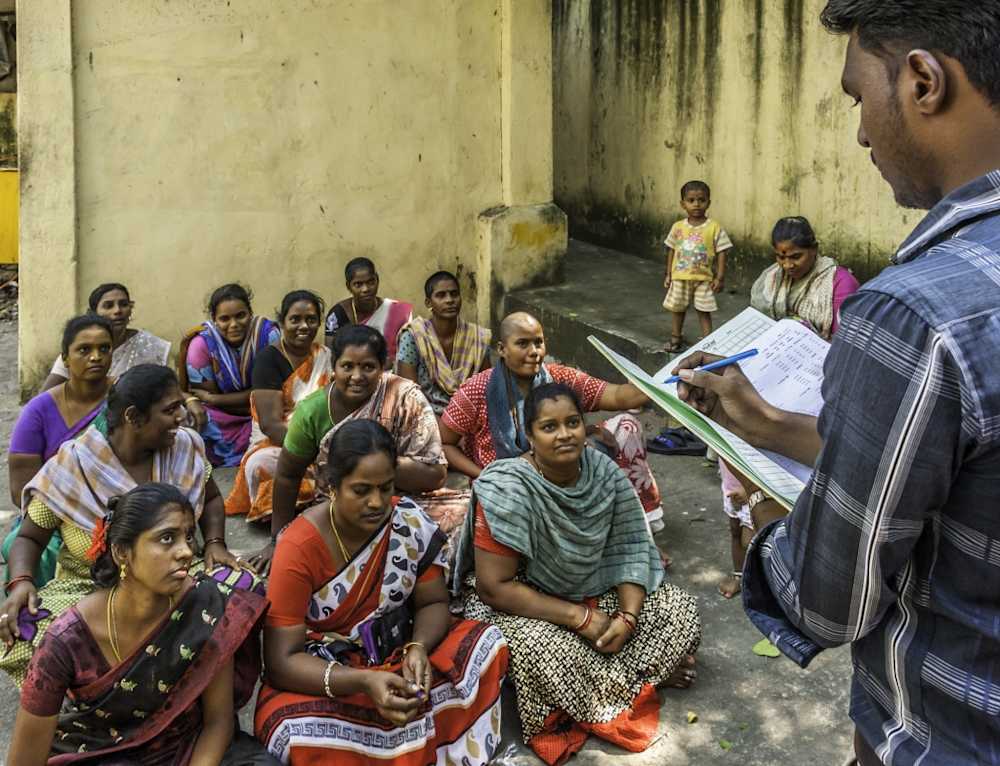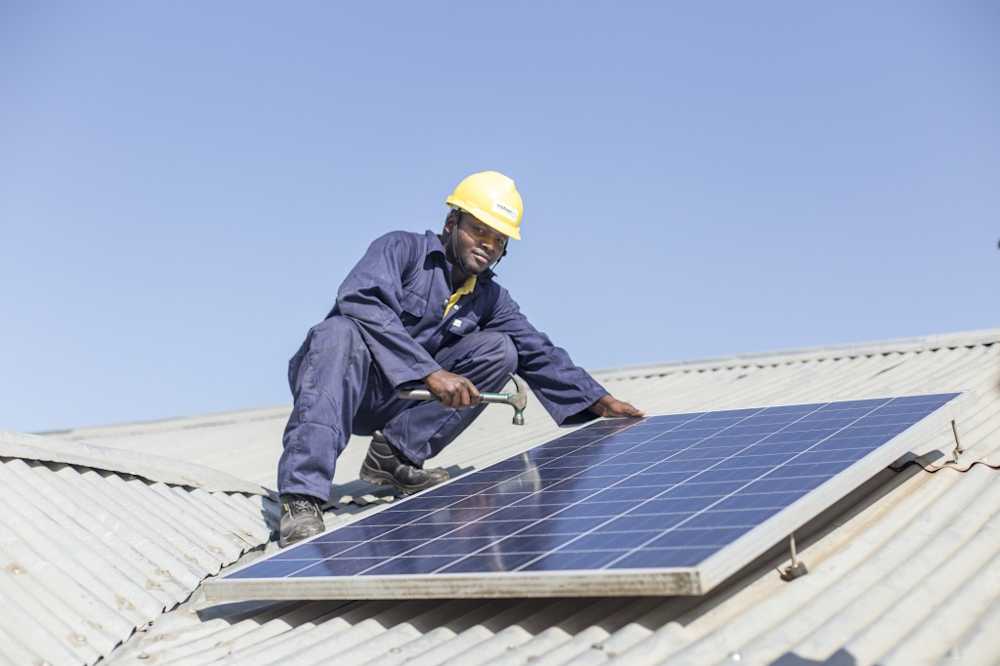Covid-19
Now more than ever: Impact investments in emerging markets
Covid-19 is causing us to question many things ‒ including the intention behind our investment decisions. Impact investments in emerging markets and developing countries strive for a measurable impact, in addition to providing returns. Here’s why they therefore improve the world and the lives of people, and why this is now more important than ever.
Covid-19 has us all under its spell. How much longer this will last is something that nobody today can predict with any certainty. But it is already clear that when this crisis is over, our world will no longer be the same.
This article originally appeared on e-fundresearch.com, an independent German-language information service that supports professional investors with news coverage and research on the global asset management industry.
Dr. Stephanie Bilo is Chief Client & Investment Solutions Officer and a member of the Executive Management Board at responsAbility Investments. The impact asset management company has a successful performance record over 17 years and has invested more than USD 10 billion in developing markets through its funds since 2003.
For many of us, acute threats lead to heightened confrontation with our values. The question of what the right thing to do is and what really counts affects a wide range of areas in our lives ‒ including our investment behaviour. Money makes the world go round. So where should it go?
There is now an entire category of investment solutions that not only target market returns, but also a positive impact. Impact investments relate to very specific themes that are partially defined by the 17 UN Sustainable Development Goals and finance areas such as climate protection, poverty reduction and gender equality.
Impact investments play a key role in the economies of emerging markets and developing countries. They provide the real economy with urgently needed funds and are now more important than ever. It is precisely during times of crisis that companies require financing in order to continue to function ‒ whether it’s in India, Peru or here in our own country. Therefore, it is very important that companies function because they improve people’s lives and our climate in a sustainable way.
With access to financing, companies can sell solar home systems and provide households in rural Africa with access to clean energy ‒ in return for payment and with a business model that works. Impact investments also enable local companies in rural Togo to not only grow cashew nuts, but also to process them, creating hundreds of jobs along the way. Or they fund microfinance banks that offer access to financial services for women and small companies, enabling them to earn a living.

Financial inclusion, also known as microfinance: making measurable impacts investable for various investor needs
The range of impact investments is now so broad that there are investment solutions for the most diverse requirements. Investments in financial inclusion, also known as microfinance, have a 20-year track record. The theme is primarily investable through relatively liquid private debt funds with a rather conservative risk-return profile. These products are well suited to the portfolios of pension funds or insurance companies because they are effectively not correlated with traditional or alternative asset classes. However, there is also the established investment universe of micro and SME financing institutions as a capital market transaction for institutional investors who do not wish to invest in fixed income funds.
Micro and SME finance for your portfolio Investment solutions
In addition, new impact investing themes are increasingly emerging, many of which relate to climate. Here, blended finance solutions can offer investors an interesting entry opportunity by gaining, for example, funding from development banks as risk capital. Blended finance transactions are frequently launched in familiar formats, including as fund units of a Luxembourg-based SICAV. The senior tranche is often structured as a bond in the process.
Our climate fund with a 10-year track record Learn more about the fund

Impact for the climate and households in developing countries: climate investments are often structured as blended finance solutions with risk capital from the public sector
One thing applies to all these investment solutions: Anyone who aims to make an impact should also be able to monitor it. The impacts measured differ between solutions. When it comes to solutions with a focus on financial inclusion, key measures include the number of companies reached, the average loan amounts and the share of female and rural borrowers. For climate funds, the volume of sustainably produced energy and avoided CO2 emissions are relevant.
These impact indicators can be expanded almost forever. With their diversity, they directly confront investors with the question about their own values. What type of world and economy do you want to finance? What kind of future do you want to enable for the post-Covid-19 world?